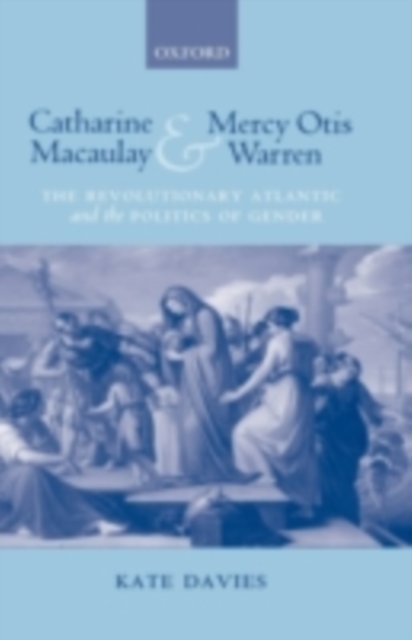
Catharine Macaulay and Mercy Otis Warren : The Revolutionary Atlantic and the Politics of Gender PDF
by Kate Davies
Description
Catharine Macaulay and Mercy Otis Warren were radical friends in a revolutionary age.
They produced definitive histories of the English Civil War and the American Revolution, attacked the British government and the United States federal constitution, and instigated a debate on women's rights which inspired Mary Wollstonecraft, Judith Sargent Murray, and other feminists.
Drawing on new research (including recently discovered correspondence) this is the first book toconsider Macaulay and Warren in the context of the revolutionary Atlantic.
In a series of detailed interdisciplinary studies, Davies suggests the centrality of both women to transatlantic political cultures between the middle of the eighteenth century and the turn of the nineteenth.
The experience ofAnglo-American conflict formed Macaulay and Warren's friendship and radically changed their writing lives.
In showing how it did so, Davies also explains how the revolutionary Atlantic shaped modern ideas of gender difference.
Anglo-American separation had a politics of gender which defined Warren and Macaulay's awareness of themselves as women and of which their writing also offered important critiques.
Davies's book reveals the political significance of Mercy Otis Warren and CatharineMacaulay to an era when the truths of patriotism, nationhood and empire were never wholly self-evident but were hotly contested.
Information
-
Download - Immediately Available
- Format:PDF
- Publisher:OUP Oxford
- Publication Date:22/12/2005
- Category:
- ISBN:9780191535833
Information
-
Download - Immediately Available
- Format:PDF
- Publisher:OUP Oxford
- Publication Date:22/12/2005
- Category:
- ISBN:9780191535833






